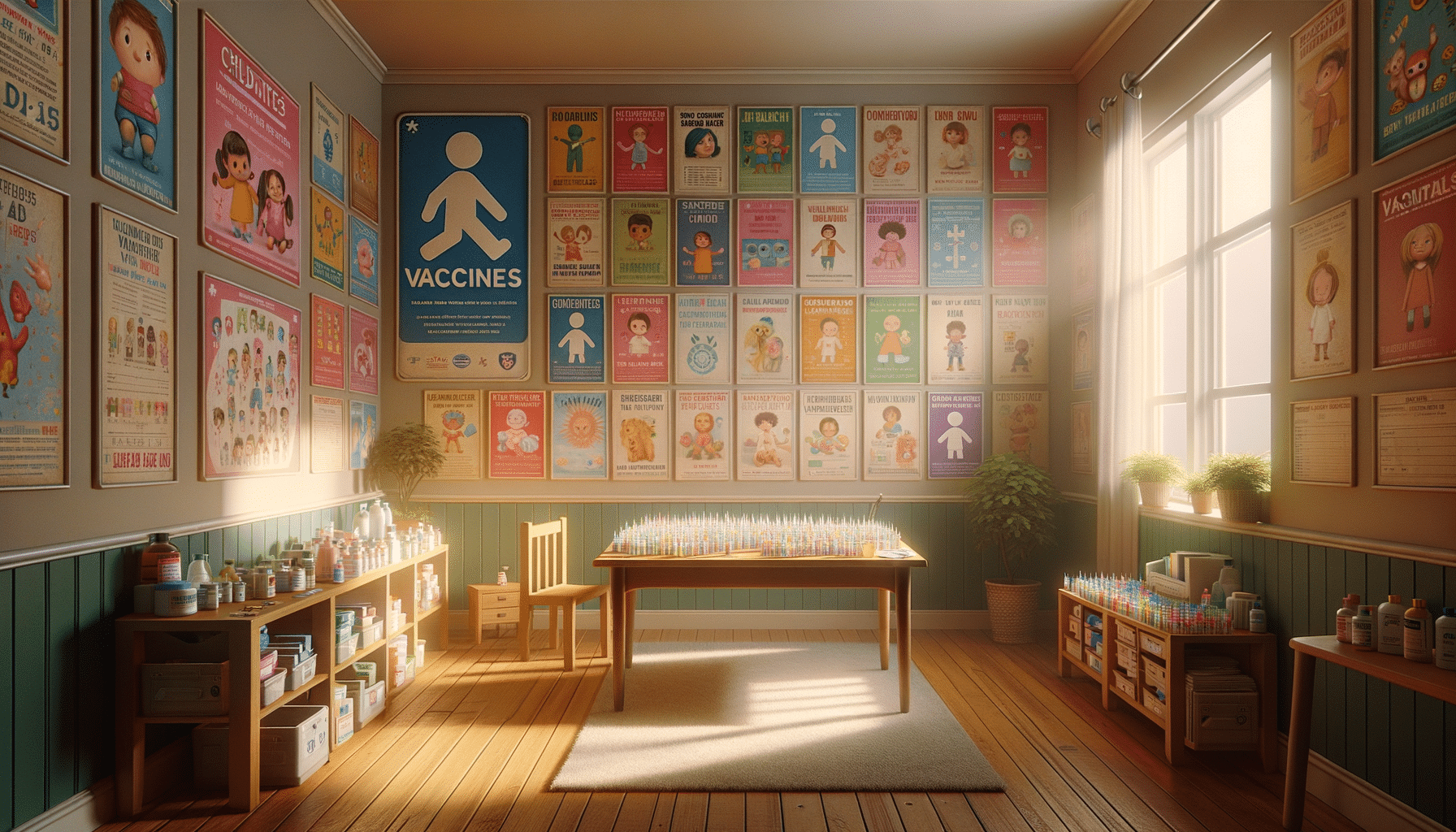
Vaccines and Kids: Sorting Facts from Fears
Introduction to Vaccines and Children’s Health
Vaccines have been a cornerstone in the advancement of public health, particularly in safeguarding the well-being of children. The debate surrounding vaccines and their effects on children has been a topic of considerable discussion among parents, healthcare providers, and policymakers alike. Understanding the role of vaccines in children’s health is crucial, not only for individual well-being but also for the community at large. This article will delve into the myths and realities of vaccines, aiming to provide clarity and evidence-based insights into this essential health topic.
The Science Behind Vaccines
Vaccines work by stimulating the immune system to recognize and combat pathogens, such as viruses or bacteria. They introduce a harmless component of the pathogen, prompting the body to produce antibodies. These antibodies remain in the body, providing immunity against future infections. The effectiveness of vaccines is well-documented, with numerous studies showing significant reductions in disease incidence following widespread vaccination programs.
For example, the introduction of the measles vaccine has led to a dramatic decline in cases worldwide. Prior to the vaccine, measles was a common childhood illness with severe complications. Today, it is rare in many parts of the world, thanks to robust vaccination efforts. This success story is echoed across various diseases, illustrating the pivotal role of vaccines in public health.
Addressing Common Myths and Misconceptions
Despite the overwhelming evidence supporting the efficacy and safety of vaccines, several myths persist. One common misconception is that vaccines cause autism. This myth originated from a now-discredited study and has been debunked by extensive research. Major health organizations, including the World Health Organization and the Centers for Disease Control and Prevention, affirm that there is no scientific evidence linking vaccines to autism.
Another prevalent myth is that natural immunity is better than vaccine-acquired immunity. While natural infection can provide strong immunity, it comes at the cost of potentially severe illness and complications. Vaccines offer a safer route to immunity, protecting children without exposing them to the actual disease.
Understanding Vaccine Schedules and Safety
Vaccine schedules are carefully designed to provide immunity at optimal times in a child’s development. These schedules are based on extensive research and are regularly updated to reflect new scientific findings. The timing of vaccines is crucial, as it ensures children are protected when they are most vulnerable to certain diseases.
Safety is a paramount concern in vaccine development. Vaccines undergo rigorous testing in clinical trials before they are approved for public use. Monitoring continues even after a vaccine is licensed, with systems in place to detect and investigate any adverse events. This comprehensive approach ensures that vaccines remain one of the safest medical interventions available.
The Role of Vaccines in Community Health
Beyond individual protection, vaccines play a critical role in community health through the concept of herd immunity. When a significant portion of the population is vaccinated, it reduces the overall amount of the pathogen that can spread in the community. This protects those who cannot be vaccinated, such as infants or individuals with certain medical conditions.
Herd immunity is particularly important in preventing outbreaks of contagious diseases. For instance, high vaccination rates have kept diseases like polio and smallpox at bay, preventing them from becoming widespread public health threats. By vaccinating children, we contribute to the broader goal of eradicating infectious diseases and promoting a healthier society.
Conclusion: Making Informed Decisions for Children’s Health
Vaccines are a vital tool in protecting children’s health and ensuring their well-being. By understanding the science, dispelling myths, and recognizing the importance of vaccine schedules, parents and caregivers can make informed decisions. The benefits of vaccination extend beyond individual protection, fostering a healthier community and safeguarding future generations. As we continue to navigate the complexities of health care, vaccines remain a cornerstone of public health success.


